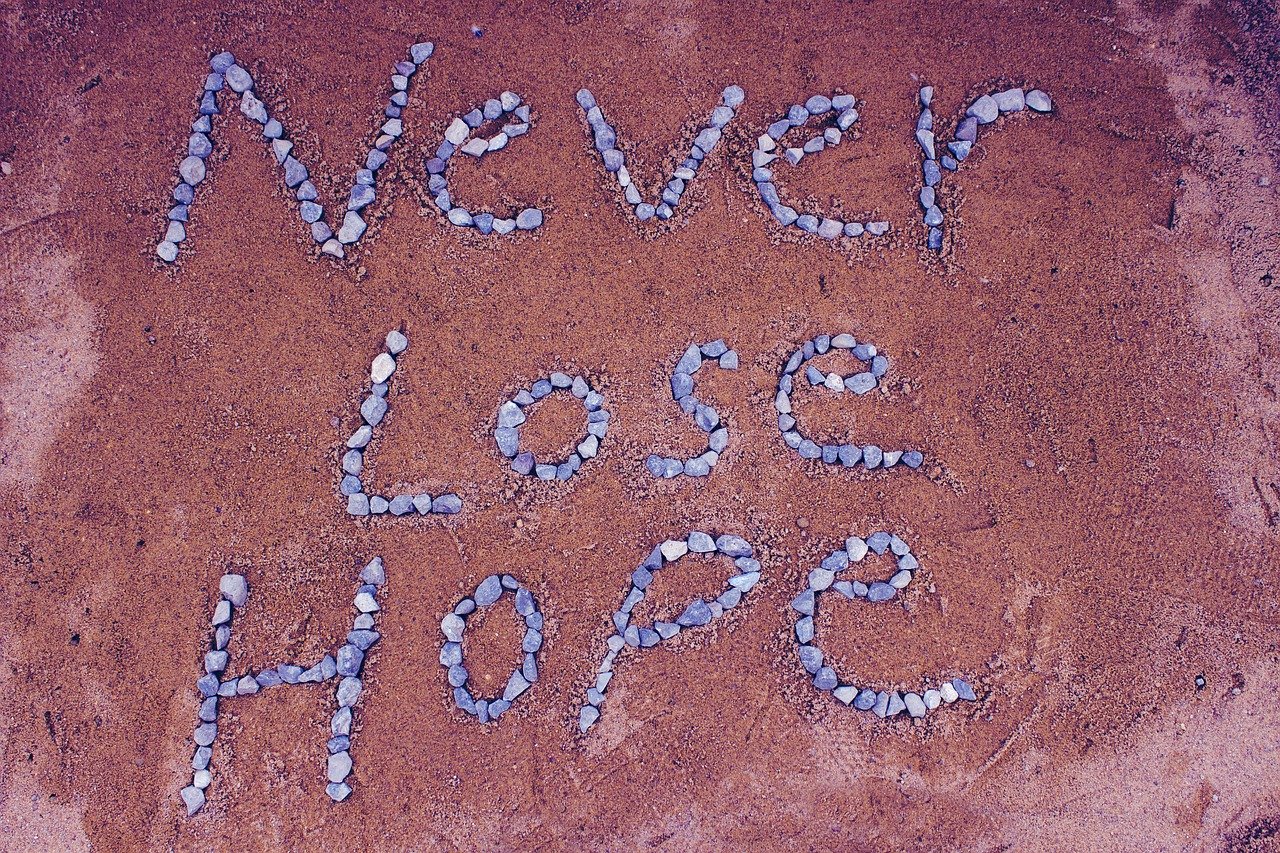During Emotional Wellness Month, I would like to take charge of my emotional wellness from this precursor: “What happens to a dream deferred?” Harlem Renaissance writer Langston Hughes ponders cautiously. “Hope deferred makes the heart sick,” Proverbs 13:12 states eloquently. After graduating from the University of Virginia and Simmons University, I had a wish to pursue doctoral studies and concluded my dream obtainable after pouring into academic preparedness with publications, international conferencing, all to further advance academic work in cultural studies. Nonetheless, my dreams paused from unexpected events that led to my becoming homeless and entering into nihilism, believing that life was meaningless. I was wandering from one city to the next, desperately shivering from lack of clothing, dwelling in overcrowded shelters, finding no means of employment, and eating by way of food stamps. Too, you see, I had an emotional breakdown that stopped my dreams and hope in academia.
Today I am no longer homeless and have published extensively at Oxford University Press and at ABC-CLIO and so, I can now envision those academia hopes and dreams. While homeless, I saw families with students who were homeless or in shelters. They had to wear used clothing – that could have led to bullying at school. Children did not have access to libraries or tutors and had to complete homework unsupervised. I tried to motivate them to look beyond their poverty and resume activities and academic enrichments. I advised the parents to read stories to their children and inform the teachers of their socio-academic disadvantages so that their children might be paired with a mentor from the school or receive resources from the community. Today I intend to mentor minority students to accept and overcome failure to rise and give way to academic excellence and dreams.
My personal story of emotional failure and redemption relates to Emotional Wellness Month because I had to navigate and nurture emotional smartness which consisted of ongoing feelings and expressing emotion in a healthy way, acknowledging also societal and personal values as well as beliefs of failure and success. While homeless I experienced fear and worry, individual elements that blocked emotional intelligence. I also acquired low self-esteem, misery, and nihilism, unable to prove worth or societal acceptance or legitimacy. I became psychologically and emotionally upset at my situation and spent nights trying to piece together where such failure had been derived from, which made it worse to remain optimistic. According to psychologists, I was concentrating on my feelings, and these negative thoughts and ideations caused rejection of comfort or community belongings.
Psychologists have also observed that one’s emotions could stray away from acceptable social responses, increasing individual attachment yet decreasing social competence. They define emotional wellness as being “aware of and accepting your own and others’ feelings, feeling positive about yourself and your life, expressing and managing feelings, accepting responsibility for your actions, coping with stress, realistically evaluating your limitations, forming trusting relationships, appreciating support from others, [and] [viewing] life with an optimistic attitude” (National Wellness Institute, 2007). Wellness in general is “health, such as adequate fitness, proper nutrition, stress management, disease prevention, and spirituality, not smoking or abusing drugs, personal safety, regular physical examinations, health education, and environment support.” Emotional wellness is realizing that feelings are universal truths within individuals and communities and that expressing one’s feelings and its changeability depend on how emotions are displayed.
My emotional wellness involved acceptance of my feelings and their limitations while homeless to become emotionally stable: I had to know when to express and cope with my emotions. In retrospect, I had emotional regularity for I looked at both success and failure and kept moving along a predetermined course. “When success is evident, the emotionally well person radiates the expected joy and confidence…” (Hoeger 2018).
Today, I practice emotional wellness by making the best of circumstances and moving ahead of failures with optimism instead of spending my time and talent worrying about failure. The most important part of emotional wellness is perhaps the most impossible during failure: happiness. Psychologists agree that happiness is an “emotional anchor that gives meaning and joy to life.” I concur and now happiness is an everyday practice. Happy Emotional Wellness Month!
For Further Reading:
Gorrow, Teena. 2008. The ABC’s of Wellness for Teachers. Kappa Delta Pi.
Hoeger, Wener. 2018. Lifetime Physical Fitness and Wellness: A Personalized Program. Cengage Learning.
Our Her Nexx Chapter Community invites you to join us where women are connecting with each other’s stories, exploring different experiences, and transforming ideas.
The Future of Connection for Women
- Eliminating Violence Against Women – A Worldwide Struggle We Can’t Forget - November 29, 2020
- From Homeless to Hope-filled: An Emotional Wellness Journey - October 30, 2020







